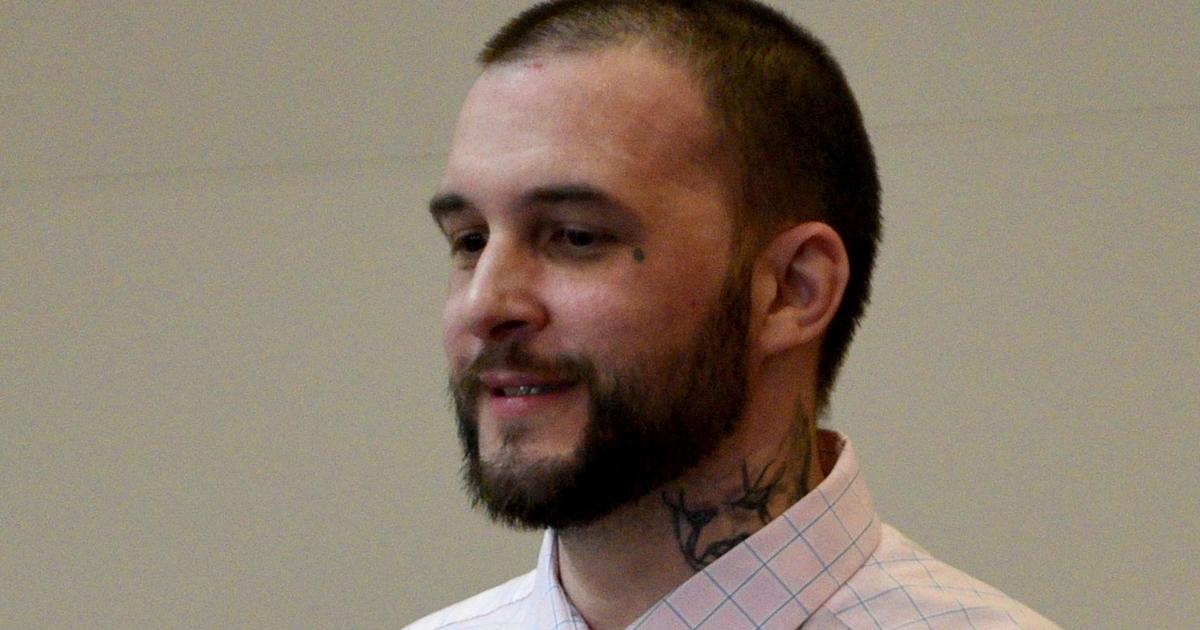Court rejects GPS for freed sex offender

Sex offenders who are on probation cannot be forced to live under new restrictions such as GPS monitoring unless they violate the original conditions of their probation, the state's highest court ruled Friday.
The Supreme Judicial Court upheld a lower court decision rejecting a request to require Ralph Goodwin, a level 3 sex offender, to wear a global positioning system monitoring bracelet and to bar him from schools, libraries, playgrounds and parks. Goodwin was convicted of raping and kidnapping a 7-year-old Lowell boy in 1990. After serving his prison term and a civil commitment, Goodwin was released on probation in 2009. In a 4-3 vote, the Supreme Judicial Court said the lower court correctly found there was no substantial change in Goodwin's circumstances to justify adding probation conditions.
"We conclude that, unless a judge finds a violation of a condition of probation, a judge does not have the discretion to impose GPS monitoring as an additional condition of probation where there is no material change in the defendant's circumstances and where GPS monitoring, paired with geographic exclusions, is so punitive as to increase significantly the severity of the original probationary terms," Justice Ralph Gants wrote for the majority. Three justices disagreed, however, finding that requiring a GPS device as an added probation condition is not unreasonable. "I continue to conclude ... that requiring that a probationer wear a global positioning system monitoring device as an additional term of probation is remedial rather than punitive and therefore properly may be imposed," Justice Roderick Ireland wrote for the dissenting justices.
Goodwin pleaded guilty to child rape and kidnapping charges in September 1990. Before he was scheduled to be released from state prison in December 2003, the state filed a petition for him to be civilly committed as a sexually dangerous person, and he remained in custody until he was found sexually dangerous in July 2005. In June 2009, after a jury found him no longer sexually dangerous, he was released and began serving his probation. In July 2009, probation officials asked that Goodwin's probation be modified to require him, among other things, to wear a GPS device and not enter certain exclusion zones that included all parks, playgrounds, schools and libraries. A judge denied the request.
Jeannine Mercure, one of Goodwin's attorneys, said the new ruling appears to apply broadly to attempts to add new probation conditions after someone is sentenced "without showing a very good reason, a compelling reason or a violation of probation." "I think that the court is emphasizing once again that GPS dramatically abridges fundamental liberty and privacy rights, and that the imposition of GPS or any probationary condition must be consistent with whatever the original conditions of probation were at the time of sentencing."
Middlesex District Attorney Gerry Leone said Goodwin is now being monitored by GPS because he violated the conditions of his probation in June, two months after the case was argued before the SJC.



